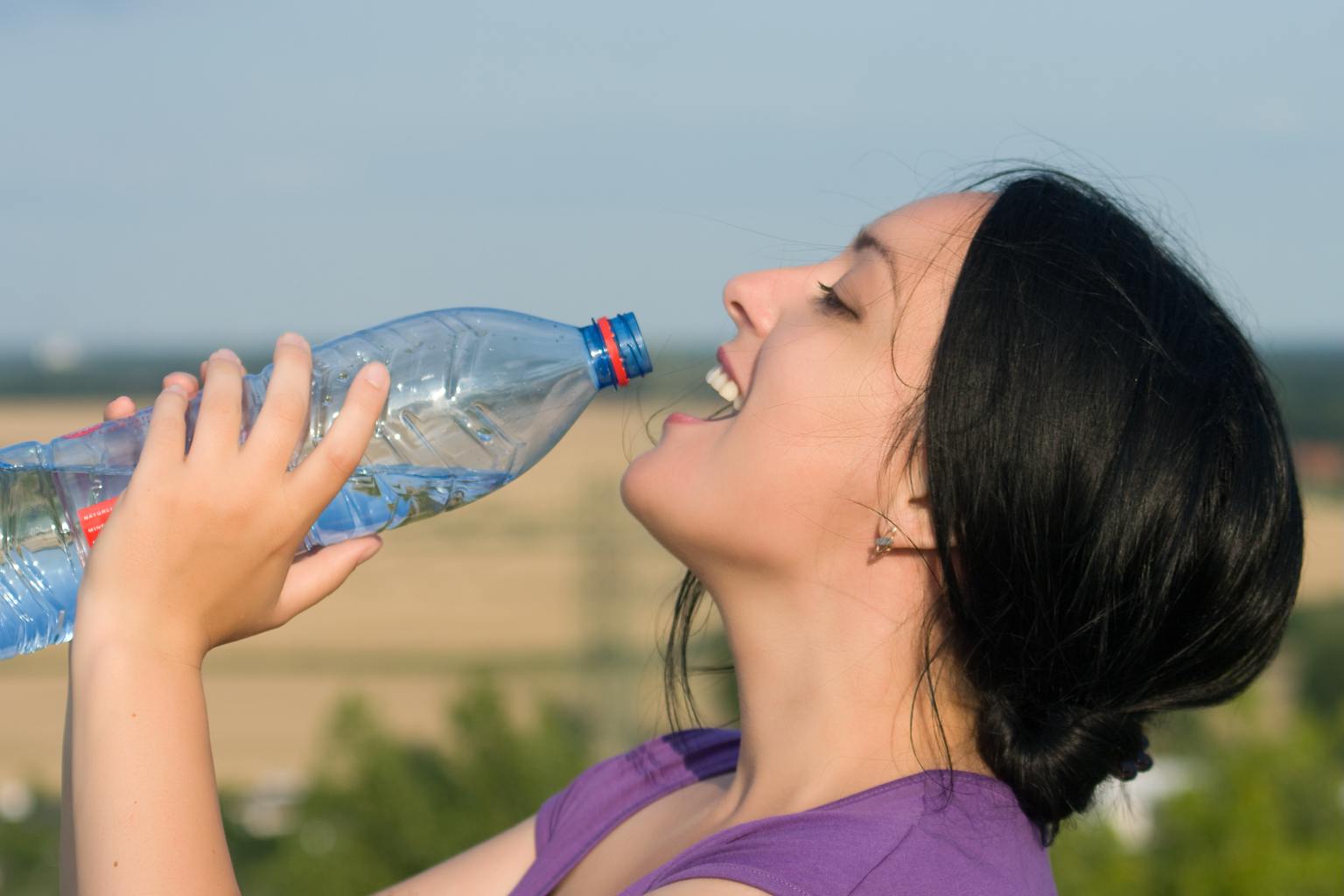Have you ever stopped to think about how long you can safely drink from the same water bottle before it becomes a health hazard? That everyday habit of sipping from a plastic bottle might be quietly endangering your health — and the timeline might surprise you.
Many of us rely on bottled water for convenience, but this simple act carries hidden risks, especially once the seal is broken. Whether you’re a gym-goer, traveler, or just someone grabbing a bottle on the go, knowing when to toss that bottle could protect you from more than just thirst.
How long can you safely drink from an open water bottle
The conversation around bottled water often revolves around environmental concerns, but the health implications deserve just as much attention. Once a plastic bottle is opened, it becomes a breeding ground for bacteria, particularly if you drink directly from the opening. Experts recommend discarding a bottle within 24 hours after first opening to avoid bacterial contamination.
That might sound cautious, but the reality is that the bacteria levels can multiply quickly. Every time you put your mouth on the bottle, you introduce germs that thrive in the moist environment. Even if you keep the bottle refrigerated, it’s best not to stretch its use beyond a day.
The hidden dangers of plastic bottles over time
The threat doesn’t end with bacteria. Over time, the plastic itself begins to degrade, releasing tiny plastic particles into the water we drink. Research shows that just one liter of bottled water can contain up to 240,000 microplastic fragments. These microplastics can traverse your digestive system and embed in vital organs, posing long-term health risks such as inflammation, fertility issues, and even certain types of cancer.
This information made me rethink the convenience of bottled water. It’s one thing to grab a bottle in a pinch, but habitual use without understanding these consequences could be harmful. We unknowingly expose ourselves to these dangers through a daily routine.
How to store sealed bottled water safely
Unopened bottles have a longer shelf life, especially if stored properly. But even here, the type of plastic plays a crucial role. Bottles made from PET (polyethylene terephthalate), widely used for bottled water, are relatively safe if kept away from heat and direct sunlight. When exposed to warmth or sunlight, these plastics can degrade faster and encourage microbial growth.
For best results, store sealed water bottles in a cool, dark place. Avoid leaving them in hot cars or near windows where sunlight can break down the plastic more rapidly. Keeping bottles at a low temperature not only preserves water quality but reduces the chance of harmful bacteria or plastic breakdown.
Healthy alternatives to plastic water bottles
Considering these risks, many have turned to reusable water bottles, or water gourds, as a safer and more sustainable choice. These alternatives can be made from stainless steel, glass, or BPA-free plastics. But beware — reusable bottles aren’t risk-free either. They need to be cleaned daily because bacteria can build up quickly, sometimes reaching levels higher than those found on toilet seats, according to some studies.
In my experience, adopting a reusable bottle helped reduce plastic waste, but it also meant committing to regular cleaning rituals. I had to learn the hard way that even my favorite bottle could harbor germs if neglected. Experts suggest replacing reusable bottles every year or two to stay safe.
Whatever option you choose, the key is awareness. Check your bottle’s plastic type, avoid excessive heat exposure, and never skip proper cleaning if you use a reusable container. This approach minimizes health risks and supports your long-term well-being.
Have you ever tracked how long your water bottle stays in use? Or do you have tips for keeping things clean and safe? Share your thoughts or experiences — your insight might help someone else change their daily habits for the better.

Use sterilising fluid the kind used for babies bottles. It keeps your water bottle clean and free of germs